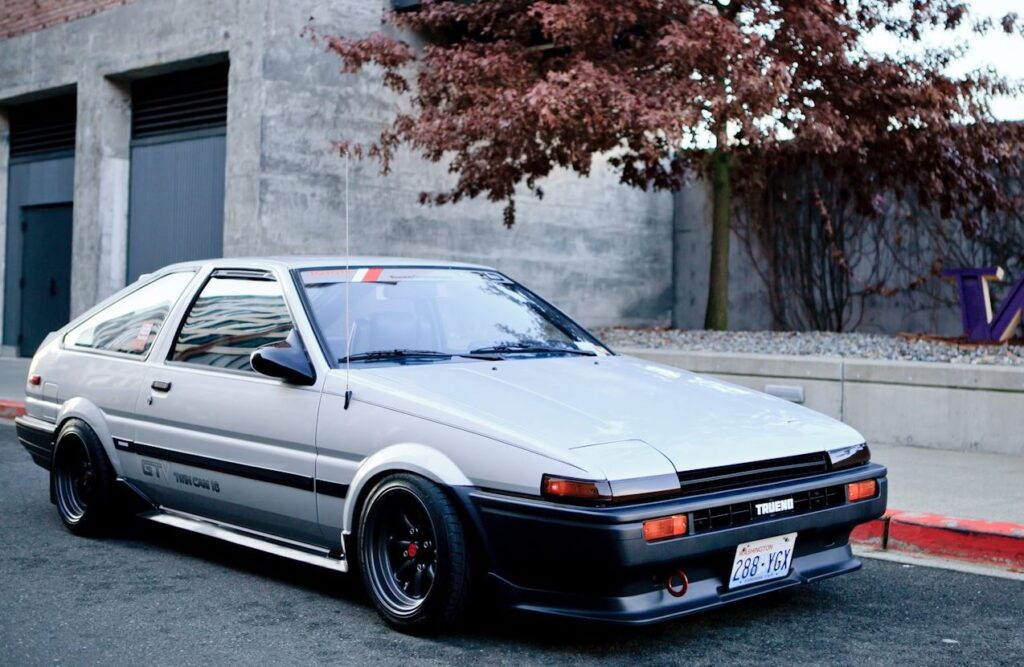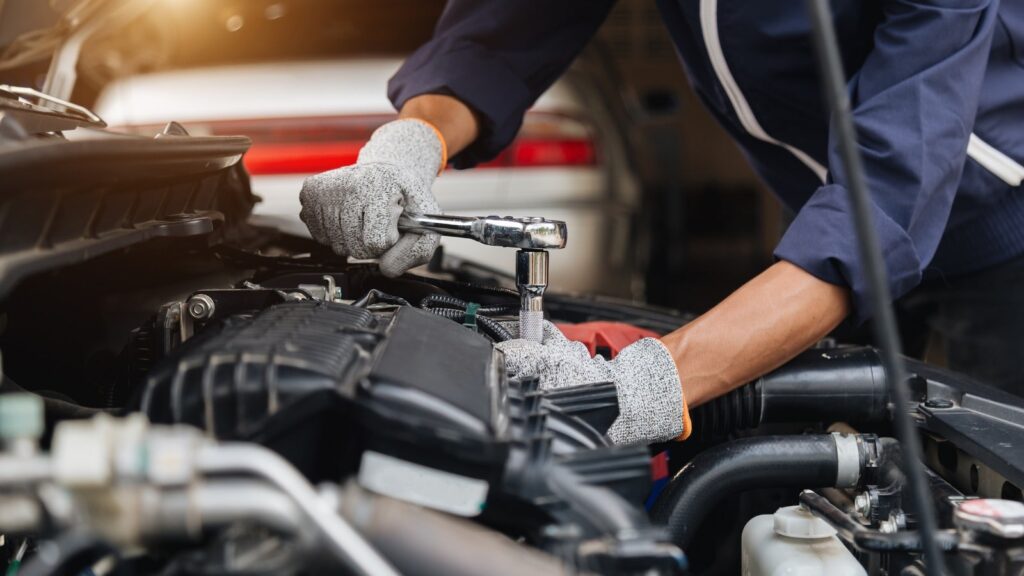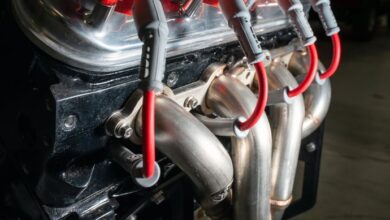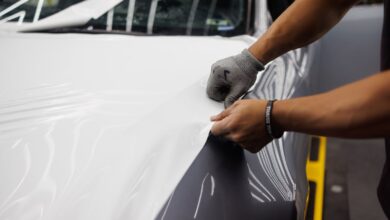Is a Used Japanese Car a Good Investment? What to Consider Before You Buy

Are you considering buying a used car from Japan? Investing in a used vehicle is a big decision and there are many things to consider before making the purchase. You will want to know if it’s worth investing in a used Japanese car and if it will be a smart financial move. In this article, we’ll cover what you need to know before committing to buying a used Japanese vehicle.
What are the benefits?
The affordability and quality of used Japanese cars make them a popular choice among those looking to buy their first vehicle. Before deciding between Passport vs. 4Runner, here are some things to consider:
Reliability

By buying a used Japanese car, you may be able to get a vehicle that is just as reliable and long-lasting as some of its brand-new counterparts. Used models will also have already gone through their depreciation period, meaning you won’t have to worry as much about the vehicle losing value throughout its lifetime.
Cost
One of the biggest advantages of buying a used Japanese car is the cost. A pre-owned vehicle can cost significantly less than a brand-new one, making it much more accessible for those on limited budgets While price can vary greatly depending on the model, year, and condition of the vehicle, generally speaking, you’re likely to get more for your money when purchasing pre-owned compared with new.
Parts Availability
Another aspect of buying a used vehicle is the availability of parts. As long as the vehicles are popular in Japan or elsewhere overseas, spares and parts generally remain widely available — so even if there are damages or faults with the vehicle, they can be relatively easily fixed by an experienced mechanic or motor enthusiast.
Researching the Vehicle History

When considering the purchase of a used vehicle, research is key. Most savvy buyers will not even look at a car without first peeking under the hood and examining the entire vehicle. Before you start your search, do some homework to narrow down your choices and help guide you toward the right vehicle for you.
Researching the history of a potential new-to-you car is essential in today’s market. Knowing what kind of maintenance or repairs have been completed can prevent buying an unreliable lemon. There are many resources used to identify a vehicle’s past. For example, using an authentic VIN (Vehicle Identification Number) can help uncover critical information about a car’s pedigree such as model, year of manufacture, accident history, and any other service-related details that can affect its resale value.
Financing
Before setting your sights on financing a used Japanese car, consider Researching the Used Car Market. Learn as much as you can about the market for a particular model of a used Japanese vehicle. What are prices like? How reliable is this particular model? Take your time and research thoroughly. Compare vehicles with different mileage and condition levels to give yourself an idea of how prices vary.
Shopping for the Right Vehicle

Here are some shopping tips that can help make sure you get a good deal on a reliable, used Japanese car.
Research all your options: Start by doing some research on what’s available from car dealerships in your area. You may also want to check out online auctions or classified ads for additional options. Make sure you compare prices so that you get the best deal possible.
Check for service history: Ask for all service records for the car you’re considering buying, including oil changes and any major repairs or maintenance that was performed on the vehicle in its lifetime. This can help you identify potential problems with the vehicle and estimate how much money would be needed to keep it running smoothly.
Inspect inside and out: Take a close look at both the interior of the car as well as its exterior bodywork. Pay attention to visible signs of rust or dents in order to assess how well taken care of it was by its previous owner(s). Also spend some time looking under its hood at all of its components including engine filters, belts, and hoses – if possible take it for a test drive so you can ensure it drives well too!
Check for reliability ratings: Research various reliability ratings for different models sold in Japan before making your purchase decision. Knowing what tends to go wrong with certain makes/models can help you pass up vehicles likely to be problematic down the line and make sure to find one that is dependable instead.
After-Purchase Maintenance and Care

There are several parts of the car that will likely require regular maintenance and inspection in order to keep it running smoothly.
Oil changes, for instance, should be done at least every three months or 3,000 miles (4,800 kilometers), as well as with any preventive repairs recommended by the manufacturer. Additionally, you should inspect your tires periodically for wear and tear, alignment issues, and deflation. It’s also crucial to check all the fluids in your vehicle at regular intervals; coolant hoses can wear out and need replacement after several years of use.
Lastly, be sure to keep up on scheduled appointments with your local technician – they’ll help ensure that there are no hidden problems lurking beneath the surface that could cause costly repairs.
Conclusion
In conclusion, a used Japanese car can be a good investment as long as you make sure to do your research and consider all of the factors discussed above. The most important things to remember are: to know the model you’re looking at, how it has been maintained, and if it’s going to fit into your budget. You might even want to test-drive multiple cars before settling on one you want!
To get the most out of your money and make sure the used Japanese car is the right fit for you, take your time researching and learning about various models. With a bit of preparation and knowledge about what to look for in a car, any vehicle – Japanese or otherwise – can be a great choice for an investment in your future.




